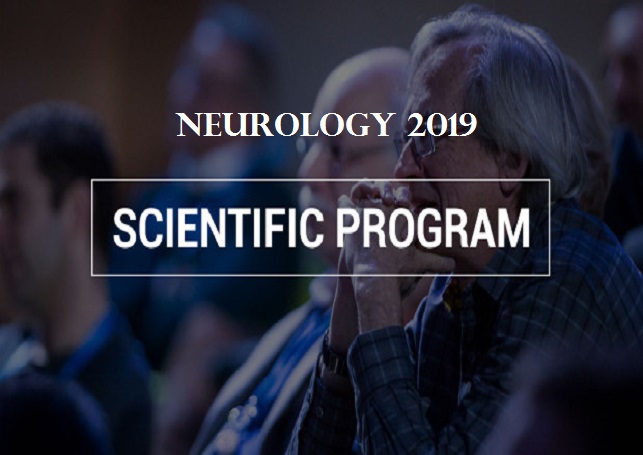
Juan D Martina
Rehabilitation Centre Curacao, Curacao
Title: Hormonal and non-hormonal factors contributing to chronic fatigue after traumatic brain injury
Biography
Biography: Juan D Martina
Abstract
Background: Every year, 30,000 subjects suffer a traumatic brain injury (TBI) in the Netherlands. About two thirds will develop post-TBI chronic fatigue (pTBI-CF).
Aim: The aim of this study is to identify the hormonal and non-hormonal etiological factors of pTBI-CF with a focus on those factors that may be reversible with treatment.
Patients & Methodology: To quantify fatigue severity, a validated questionnaire was sent to 332 pTBI patients, about 10 years after their trauma. A random sample of 100 patients was asked to participate in the study and 90 agreed. They underwent an extensive endocrine evaluation, and non-hormonal causes for fatigue were studied by means of questionnaires evaluating sleep, attention, emotional well being, quality of life, coping style and daily activity and dependency. Physical performance was evaluated by the Astrand biking test.
Results: Vitamin D deficiency, defined as a serum 25-hydroxyvitamin D level (25-OHD) <50 nmol/L) was found in 65%, poor sleep quality in 54% and anxiety disorders in 36%. Growth hormone deficiency (GHD) was detected in 24% and gonadal hormone deficiencies (GnHD) in 8%. Fatigue severity was correlated with serum 25-OHD levels (R -0.50, P<0.0001), the Pittsburgh sleep score (R+0.65, P<0.0001) and the anxiety score (R+0.50, P<0.0001), but not with GHD or GnHD. The first three factors together explains 57.9% of the fatigue score variance.
Conclusions: Vitamin D deficiency, poor sleep and anxiety were identified as the most important factors associated with pTBI-CF. Appropriate treatment for these disorders may help to reduce fatigue in pTBI patients

